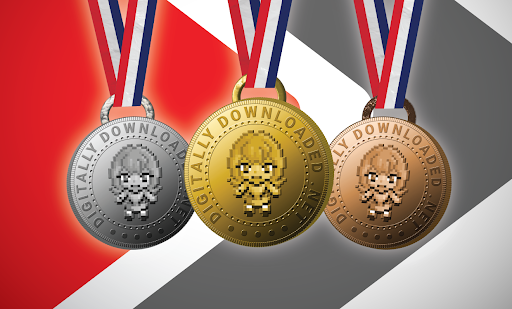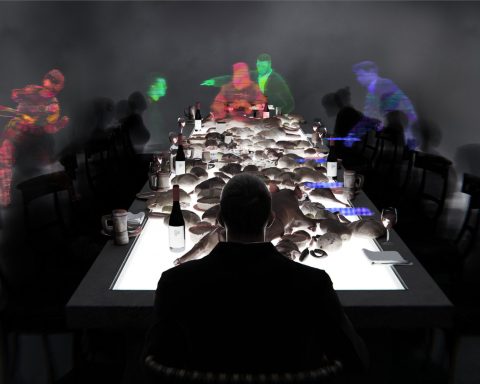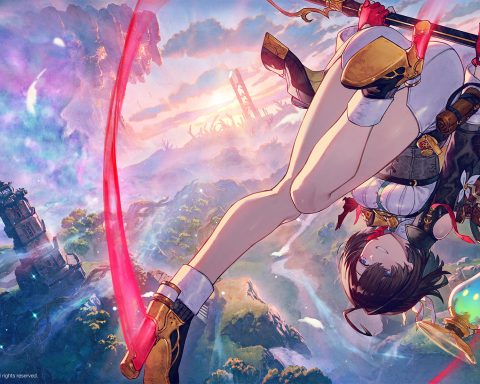It’s that time of year again, everyone, where we celebrate the best games of the year. Despite being a heavily disrupted year thanks to the ongoing impact of COVID-19, 2021 produced some incredible games, almost from day one, and as a result, our awards this year has the most variety of games ever – almost 50 different titles got at least one award, and as you’ll see as we announce each category, it really is an endless stream of incredible experiences.
This year we had a special, expanded judging panel, with the entire DDNet team participating, but we also invited some prominent people from independent game publications outside the Website to participate, so we could get a broader range of insights and thoughts into the winners from each category. Our additional judges this year included Pete Davison from Rice Digital, Thomas Knight of Nook Gaming, Robert Allen of Tech-Gaming, Matt Ryan from Shindig, and academic and freelancer, @TsuChanJohnson on Twitter. The total judging pool for the awards was ten people this year around, and there was some heated discussion about the worthiest titles in each category indeed!
Far too often games that are short get criticised for it. Even when they’re complete, and well-designed experienced, that relate everything that they need to over the course of a few hours, there are people that will insist that the games should have been longer or cheaper. Never mind that this would likely ruin them by bloating them pointlessly and making them commercially unviable. This award is our little effort to push back and highlight that short games don’t need to be longer to be worth your time and money.
Essays on Empathy is to-the-point and gleefully experimental. Each of the games is a short story – a vignette, really – that reflects in some way on life. You’ll do everything from play a game about a hitman working at a flower shop, to the story of two-bit comedians that are trying to make it big (don’t worry, this isn’t a Joker story). In total the collection can be completed in about five hours, and were it even a second longer it would lose so much of its thrust.














